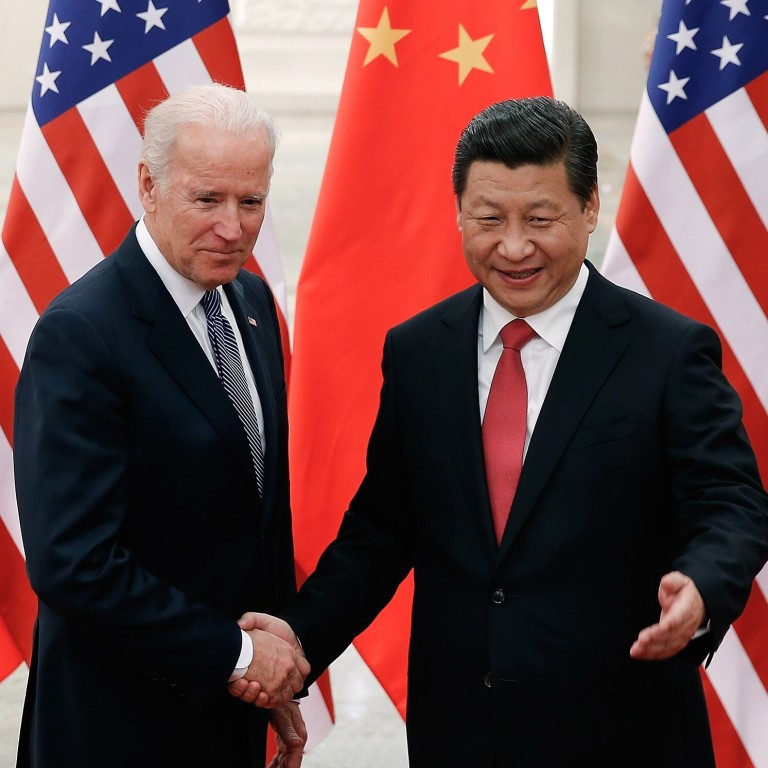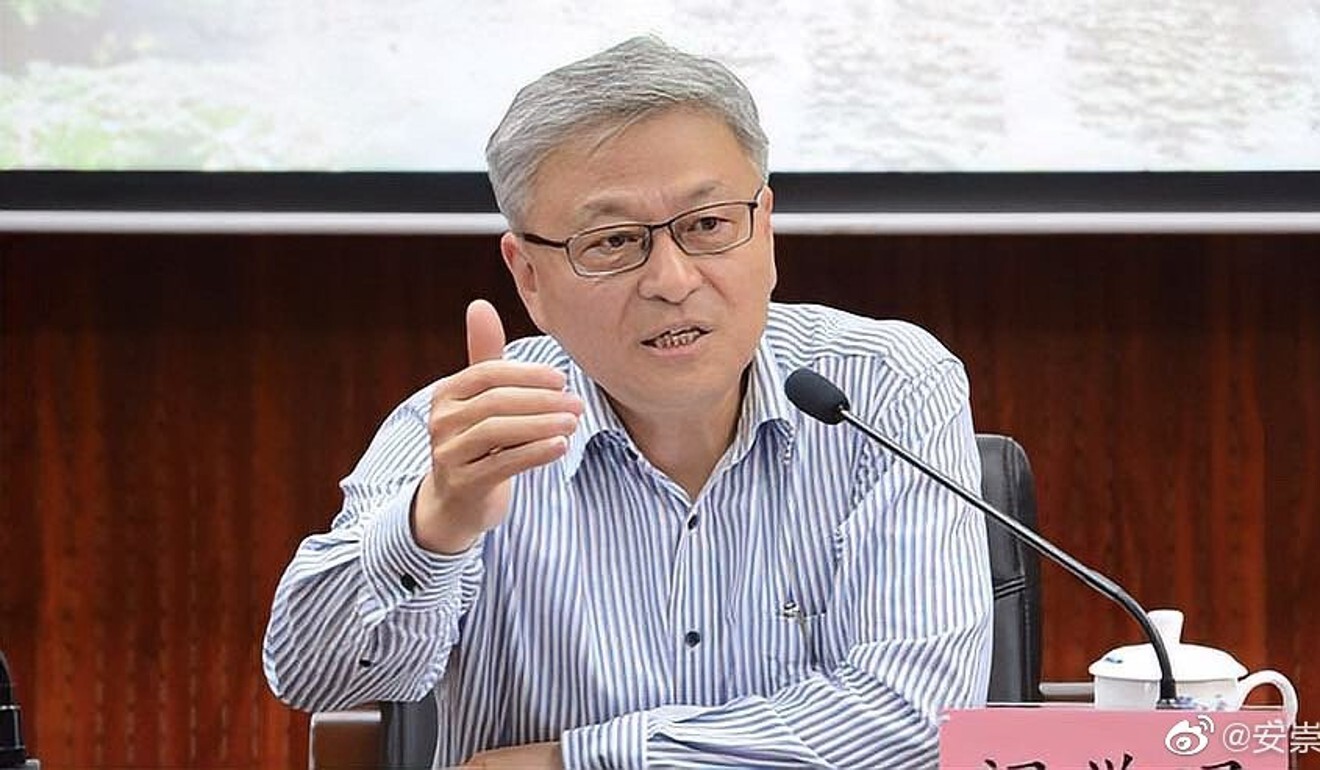
US-China rivalry: Biden unlikely to be any softer on Beijing than Trump, leading expert says
- President-elect’s diplomatic strategy ‘will be largely different from Trump, but that does not mean China-US relations will improve’, Tsinghua University’s Yan Xuetong says
- Biden might also seek to use damage caused by Trump as a bargaining chip to get what he wants from Beijing, he says
China-US tensions keep PLA sailors at sea for an extra four months in 2020
The new president’s policy goal was “the same as Trump’s … to prevent China from narrowing the power gap with the United States”, he said.
“Biden will adopt a more sophisticated strategy than Trump, which may cause greater international difficulties for China,” Yan said.
“If it causes more harm to the US, it is not wise to implement the policy. Therefore, after Biden takes office, there may be a selective decoupling [of the two countries] … with the US making its choices on the basis of whether they are beneficial to the country.”

Yan said it was important for both the US and China to acknowledge their rivalry.
“If you do not recognise that competition is the core of Sino-US relations and just talk about cooperation, the result will become empty talk, and ultimately no cooperation can be achieved,” he said.
“The nature of the Sino-US relationship has changed,” he said. “If the relationship is not discussed from a competitive perspective, the problems cannot be solved”.
Biden may also seek to take advantage of the damage caused to China-US ties by Trump.
“Even if Biden wants to improve Sino-US relations, he will use the damage Trump is now creating as a bargaining chip,” he said.
“Let’s say the Trump administration announces sanctions against the 14 vice-chairmen of the NPC Standing Committee. Biden may use the lifting of such sanctions as a bargaining chip.”
US bill banning Xinjiang imports over forced labour concerns fails to become law
The new president might also seek to increase the political pressure on Beijing in areas of conflict like Hong Kong and Xinjiang, Yan said.
“Intensifying confrontation with China on human rights issues might help him guard against further domestic political divisions in the United States,” he said.
Biden is also expected to try and consolidate ties with America’s traditional allies, which could create more problems for China, the academic said.
“It is much easier to deal with Trump’s unilateralism than with Biden’s multilateralism,” he said.
“The Trump era is the best time for China to improve strategic relations with America’s allies. If we can’t improve relations under such conditions, it will be even more difficult … when Biden comes to power.”

